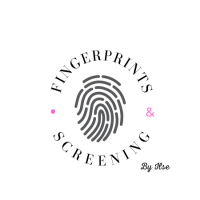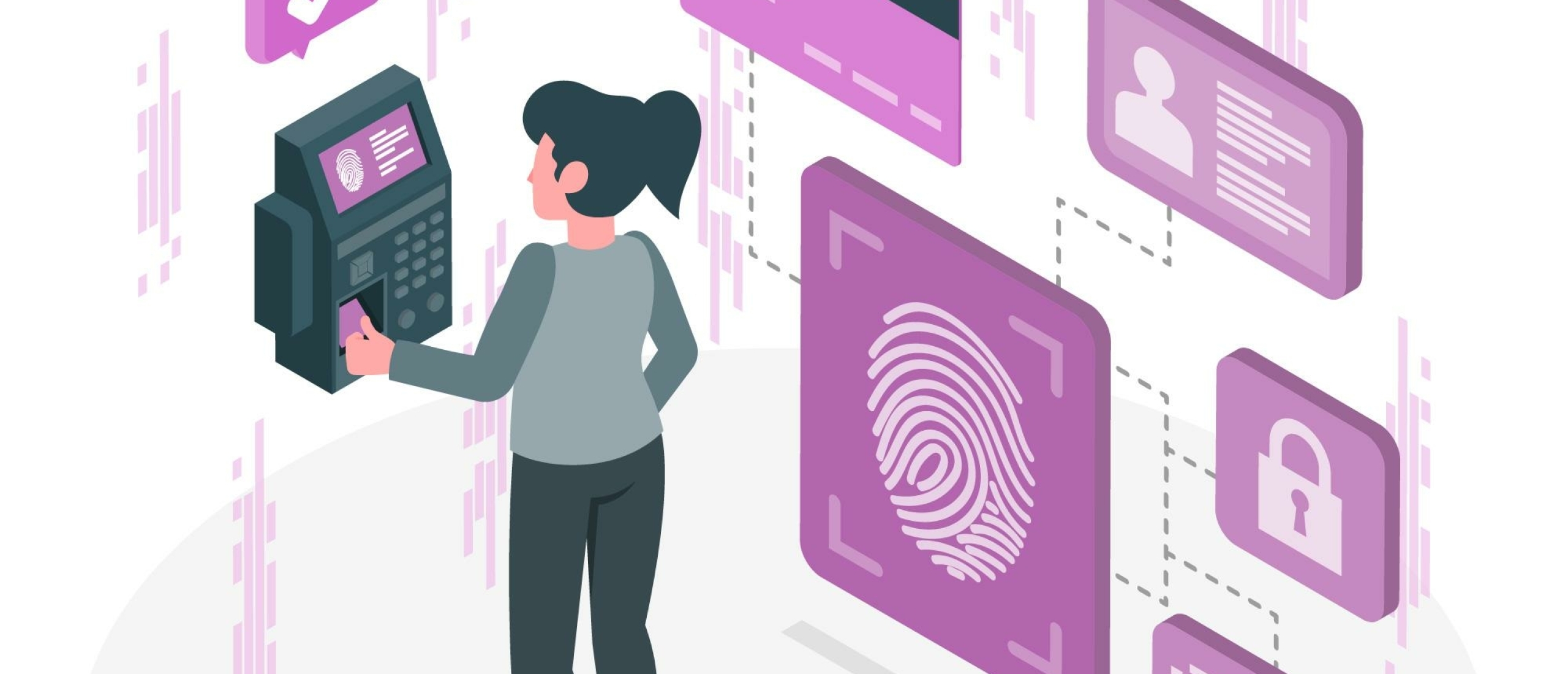The Key to Identity Verification: Fingerprints vs. Biometric Data
In the modern world of international travel and migration, fingerprints and biometrics play a crucial role in verifying one's identity and ensuring secure border crossings. While both methods are used to capture personal information, there is a difference between obtaining fingerprints for a criminal background check and providing biometric data for visas, passports, residence permits, and work permits abroad.

In this article, we will explain this difference and discuss how these methods are applied in the context of international documents and permits.
Fingerprints for a Criminal Background Check
A criminal background check is a procedure conducted to gather information about an individual's criminal history. Fingerprints are often used as a unique identification method to confirm if a person is listed in the criminal database. Obtaining fingerprints for a criminal background check is usually a simple process where an individual places their fingers on a specialized device, such as a fingerprint scanner. The scanner then reads the unique characteristics of the fingerprints, such as ridges, loops, and patterns, and compares them with the existing database of known criminals.
In addition to fingerprint scanners, fingerprints can also be taken using ink. In this traditional method, a person places their fingers on an ink pad and then presses them onto a card or paper. These ink impressions are used for identification purposes and can be compared with existing criminal databases. While the use of fingerprint scanners has become more common due to their speed and precision, taking fingerprints with ink remains a reliable method in certain situations.
The purpose of obtaining fingerprints for a criminal background check is to determine if someone has been involved in criminal activities within a specific jurisdiction. It is a valuable tool for law enforcement agencies to verify a person's identity and assess potential risks when making decisions related to security and legal requirements.
Biometric data for Visas, passports, residence permits, and work permits
When it comes to obtaining visas, passports, residence permits, and work permits abroad, providing biometric data may be part of the application process. In this case, biometrics encompass a broader set of data that can be collected, including fingerprints, facial recognition, iris scans, and sometimes even voice recordings.
Providing biometric data for international documents and permits usually involves visiting a specialized facility equipped with biometric equipment, known as Visa Application Centres (VACs). There, the required data is collected following the guidelines of the respective authority and/or country. For example, fingerprints are taken by placing the fingers on a scanner, while facial recognition requires an individual to have their face scanned or a photo taken.
The purpose of providing biometric data for international documents and permits is to verify a person's identity and prevent fraud. By collecting and storing biometric information, governments can conduct accurate and reliable identity verification during border controls and other security situations.
Conclusion
While obtaining fingerprints for a criminal background check and providing biometric data for visas, passports, residence permits, and work permits abroad both involve capturing personal information, there is a clear distinction between the two processes. Fingerprints are specifically used in the context of combating crime and screening individuals within a jurisdiction. On the other hand, providing biometric data for international documents and permits encompasses a broader set of data and aims to ensure secure border crossings and identity verification.
Both methods play a crucial role in maintaining security and protecting the rights of individuals in the context of crime prevention, international travel, and migration.
Do You Need to Provide Your Biometrics for Canada?
For those who need to provide their biometric data for a visa application to Canada, it's good to know that there is a Visa Application Centre (VAC) in The Hague, Netherlands, where this process can be completed. The VAC offers specific services for collecting biometric data, such as fingerprints and photos, in accordance with the requirements of Canadian authorities. This provides a convenient and streamlined option for those applying for their visa and needing to provide biometric data. More information about the exact procedure and required documentation can be found on the Visa Application Centre's website: https://visa.vfsglobal.com/nld/en/can.






